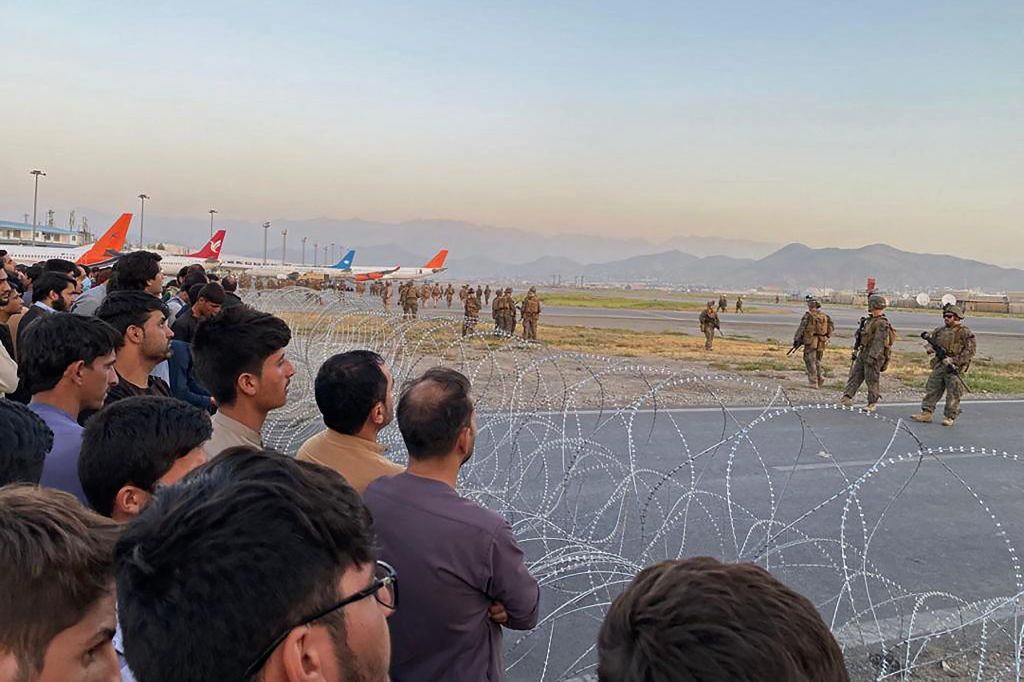OK,, fair point, the warlords were needed early on to assist with the initial invasion. My thoughts were that after a few months it ought to have been possible to start dealing directly with local villages, paying them small amounts to do small projects. I know this was done a little. A difficult political decision to make, and implementing such a strategy would be very difficult
Generally the western militaries fought well, and made a lot of effort to avoid civilian casualties, far far better than the US in Vietnam, not perfect, drone strikes often got it wrong. However in general a lot of effort when into avoiding collateral damage, so credit is due their. Also the armed forces were more highly trained, used better tactics than Vietnam, and medical care was much better, so credit there as well. In terms of dealing with the locals,, maybe not as good
I just checked a youtube video, (ultimate source of all wisdom!!!) and according to that the afghan air force had only 20 embarer super tucanos. Gee,,, that aint much,,, You would think that 100 would be more suitable. Does it take 20 years to train pilots, maintainers, etc, and only have 20 fixed wing attack aircraft? I feel the US air force stuffed up here, It should have been obvious that the US military could not stay forever, there seems to be a glacial speed in getting the afghan air force up and running.. after 20 years you have 20 fixed wing attack planes.... I do realise that they had some hind gunships from India, and some Hughes 500 attack helicopters, and these are in addition to the Tucanos and these attack helicopters are both good. Why did they not start training large numbers of pilots, aircraft maintainers, operation people eighteen years ago?
In terms of morale etc, and protecting your infantry,, having air power helps a lot.. Your infantry has big problems if you have 20 fixed wing attack aircraft for a large mountainous country of 36 million people. I feel that this was not an afghan problem, this was the US military not getting its act together, their have to be some smart people in the US Air Force, and after 20 years this was the best they could come up with?


